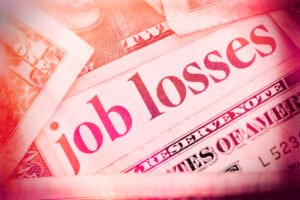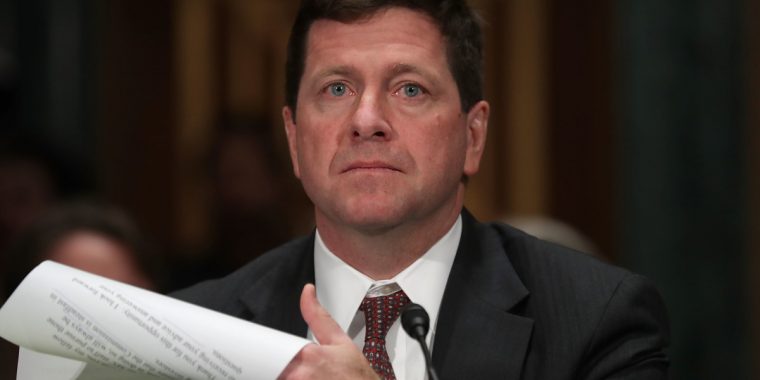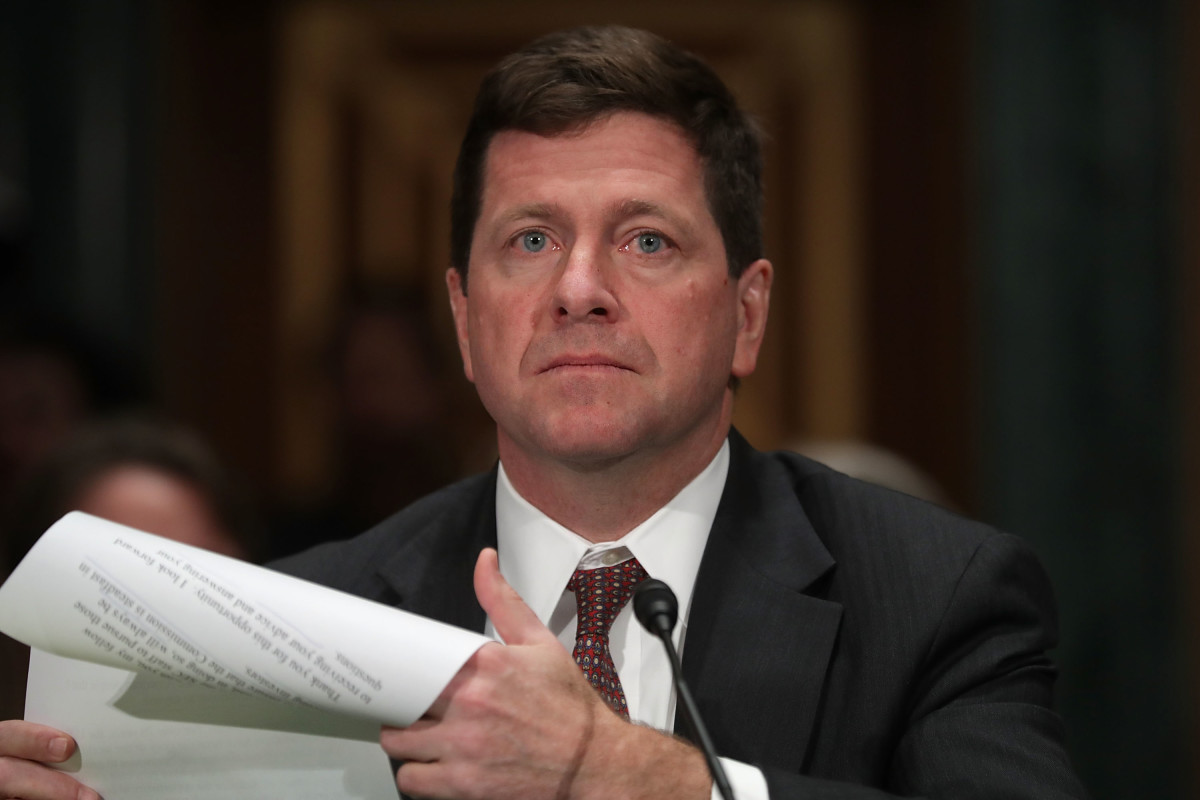(Photo by Alex Wong/Getty Images)
Say what you will about the never-Trumpers turned into a political action committee marketing machine, The Lincoln Project, but they sure have made this election cycle interesting. Even those outside of the confines of Manhattan heard about their latest endeavor, a pair of Times Square billboards taking aim at Jared Kushner and Ivanka Trump and the Trump administration’s COVID-19 response.
And Kushner and Trump? Well, they’ve gotten a little lesson in the Streisand effect.
You see, when The Lincoln Project put up the billboards featured below, Kushner and Trump decided to call in the lawyers.
The pair are represented by the Biglaw firm of Kasowitz Benson Torres. And none other than name partner Marc Kasowitz penned a cease and desist letter calling the billboards defamatory and threatening to sue: “Of course, Mr. Kushner never made any such statement, Ms. Trump never made any such gesture, and the Lincoln Project’s representations that they did are an outrageous and shameful libel. If these billboard ads are not immediately removed, we will sue you for what will doubtless be enormous compensatory and punitive damages.”
And though that legal move got even more people talking about the billboards, it wasn’t enough to stop The Lincoln Project. Their own lawyer, Matthew Sanderson of Caplin & Drysdale, went to town tearing the proposition that the billboards in question would lead to any liability for the PAC. Saying, “Please peddle your scare tactics elsewhere. The Lincoln Project will not be intimidated by such empty bluster.”
The first, and most obvious, line of attack is that the First Amendment has repeatedly been held to project criticism of public figures. And the letter notes, “Your clients are no longer mere Upper East Side socialites, able to sue at the slightest offense to their personal sensibilities.”
“Public officials have periodically tried, as Kr. Kushner and Ms. Trump do here, to evade accountability and muzzle dissent by threatening or filing defamation lawsuits against critics. Fortunately, substantial constitutional protections are afforded to those who speak out about public officials.”
And besides, that “actual malice” standard is a pretty high bar.
But though sufficient, that is far from the only defense Sanderson has. “The Lincoln Project billboards are, in any event, are entirely accurate.” And then refers to a Vanity Fair article for the Kushner quote used in the billboard, and Trump’s Instagram account to refute the bizarre claim that she never made “any such gesture.”
The letter also drops a footnote arguing that Kushner and Trump are libel-proof, which is a delightfully subtle way of dealing with the issue. But the closing, well, it seems that the PAC is more than willing to go to court over this issue:
“The Lincoln Project would welcome the opportunity to further establish the truthfulness of its Times Square billboards through litigation and discovery, so sue if you must. In the meantime, may I suggest that if Mr. Kushner and Ms. Trump are genuinely concerned about salvaging their reputation, they would do well to stop suppressing truthful criticism and instead turn their attention to the COVID-19 crisis that is still unfolding under their inept watch. These billboards are not causing Mr. Kushner and Ms. Trump’s standing with the public to plummet. Their incompetence is.
This isn’t over. Mr. Kushner and Ms. Trump will hear more from The Lincoln Project soon.”
A simple “come at me, bro” would have done the same job in fewer words.
 Kathryn Rubino is a Senior Editor at Above the Law, and host of The Jabot podcast. AtL tipsters are the best, so please connect with her. Feel free to email her with any tips, questions, or comments and follow her on Twitter (@Kathryn1).
Kathryn Rubino is a Senior Editor at Above the Law, and host of The Jabot podcast. AtL tipsters are the best, so please connect with her. Feel free to email her with any tips, questions, or comments and follow her on Twitter (@Kathryn1).













 Tom Kulik is an Intellectual Property & Information Technology Partner at the Dallas-based law firm of
Tom Kulik is an Intellectual Property & Information Technology Partner at the Dallas-based law firm of 
 Olga V. Mack is the CEO of
Olga V. Mack is the CEO of 


 Jordan Rothman is a partner of
Jordan Rothman is a partner of